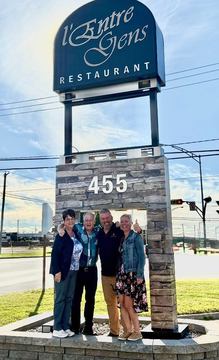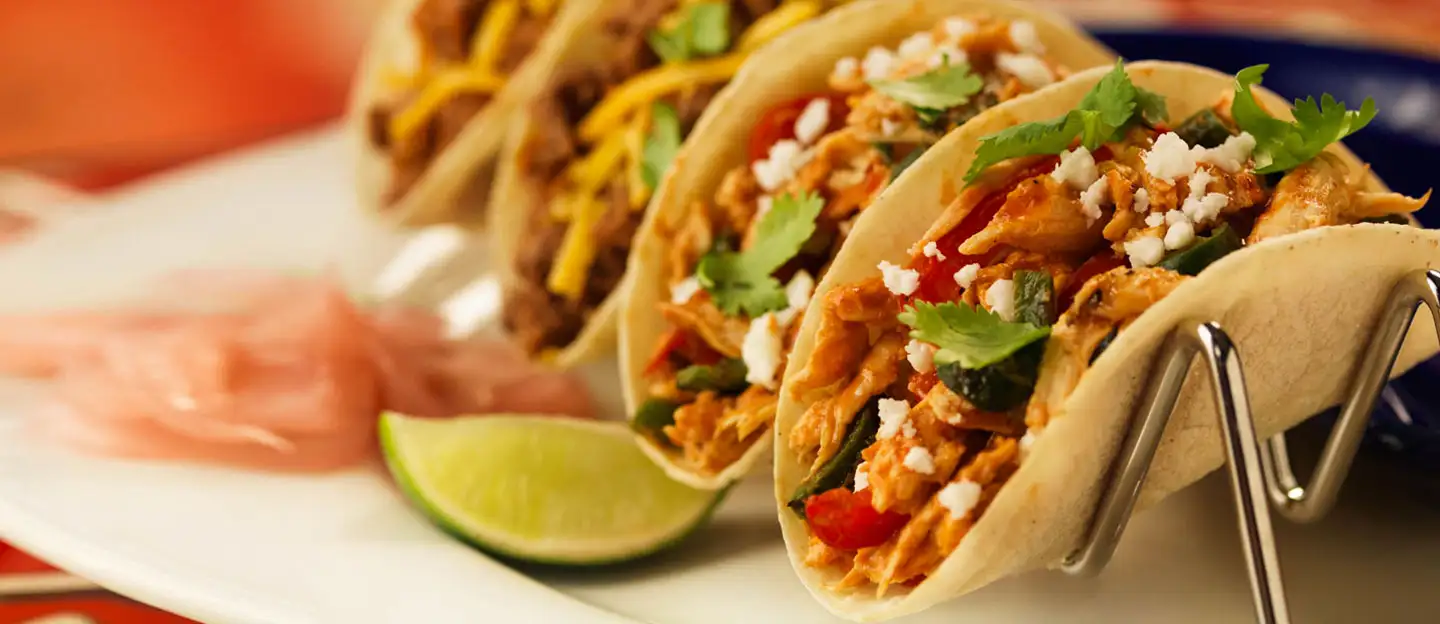
Do restaurants have an obligation to reduce food waste? Probably not. Or not yet, at least. But what is certain is that they can play a decisive role and take action, right now, that can make a difference. Here's how.
Food waste is an unsuspected wealth for most restaurateurs.
Fortunately, some have invested just enough time to find ways to add value to a wide variety of foods that would normally go to the trash (rarely the way to compost, but that's another story).
Others have also found an easy technological way to sell their leftovers and thereby substantially increase their income.
Revalue
Sodexo Canada CEO Aymeric Halbmeyer developed the “Complete Circle” program in 2018. In addition to promoting food upgrading, the plan makes us think about where the food comes from and how good it is. this.
The program was to be implemented in Canada first. However, the impact has been so great here that it has been copied on a larger scale, with the company doing business in 62 countries in total.
Today, Sodexo estimates its reduction level at 45%. By 2025, the company hopes to reach 50%.
Concretely, the chef manages to recover the beet peelings and make a paste of it.
For other ingredients, he can transform them into powders, marinades, chips or even vinegars.
He relies on local sourcing as much as possible and does not hesitate to source ugly fruits and vegetables, those that do not sell and are predestined in the trash before even being offered to consumers.
Do you think that a program like this could be implemented in any type of restaurant, regardless of its turnover?
Mobile app
But in addition to working on upgrading food, restaurateurs can now sign up for the "Backup" application. She was born in Montreal and specializes in the fight against food waste.
Ultimately, it is an online marketplace that connects restaurateurs and consumers. They can buy surplus products from restaurants at reduced prices. Retailers can therefore reduce their losses while gaining access to new customers, while the planet benefits from reduced food waste.
The project, which is in its initial phase, already counts Rôtisseries St-Hubert, Always Mikes, La Brume dans mes glasses, Café DAX, Café Code Noir and Presse Café as Montreal clients.
It should be noted that the City of Montreal wants to achieve a reduction in waste of around 50% by 2025. Elsewhere in Quebec, such targets could also become the norm.
Of course, these goals can be achieved if everyone puts the necessary effort into working together.







